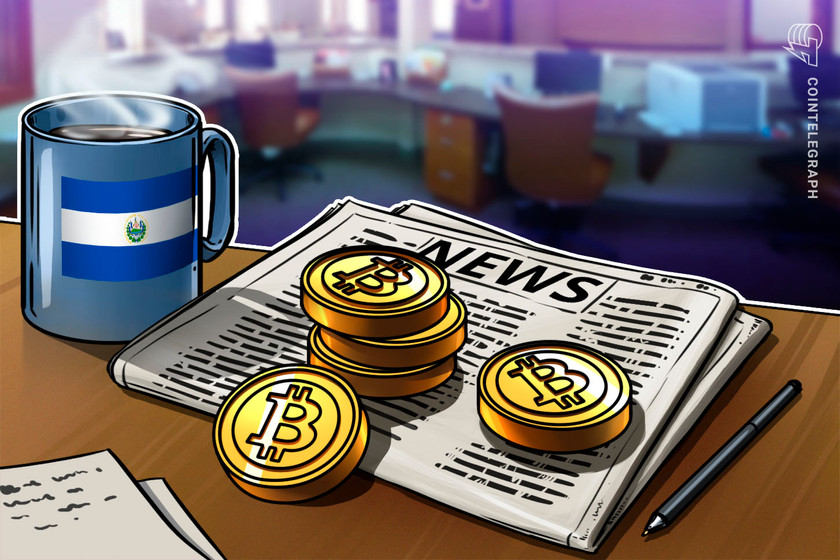El Salvador’s ‘limited’ use of Bitcoin prevents forecasted risks, says IMF


The IMF has suggested that El Salvador “reconsider” its plans for Bitcoin following a recent visit to the country.
The global monetary watchdog has advised El Salvador to exercise caution in expanding government exposure to Bitcoin (BTC) due to the “speculative nature” of crypto markets.
A Feb. 10 statement from the International Monetary Fund (IMF) emphasized Bitcoin’s risks to El Salvador have “not materialized” yet due to the country’s “limited” use of Bitcoin. IMF staff paid a recent visit to the country.
The IMF stated that El Salvador should address Bitcoin’s risk to the country’s fiscal sustainability and consumer protection, as well as its financial integrity and stability.
It highlighted the importance of acknowledging these risks, as Bitcoin’s use in El Salvador “could grow,” given it had been recognized as legal tender in the country since Sept. 2021.
El Salvador was urged to rethink its decision to issue tokenized bonds, as the IMF stated it should be “eschewed” due to its legal and financial risks. The statement noted:
“Given the legal risks, fiscal fragility and largely speculative nature of crypto markets, the authorities should reconsider their plans to expand government exposures to Bitcoin, including by issuing tokenized bonds.“
The need for “greater transparency” from the Salvadoran government was also emphasized regarding both its Bitcoin transactions and the “financial situation” of its state-owned Bitcoin wallet, the Chivo wallet.
Related: El Salvador’s Bitcoin decision: Tracking adoption a year later
This comes after recent news that a legal framework for a Bitcoin-backed bond in El Salvador, known as the “Volcano bond,” was established on Jan. 11.
The Salvadoran government said that these bonds would be used to pay down sovereign debt and fund the construction of its proposed “Bitcoin City.”
Bitcoin City is part of El Salvador’s plan to continue attracting crypto investors. It was previously noted that a priority for the country in 2023 is to address any possible cryptocurrency-related criminal activity.
Guillermo Contreras, CEO of DitoBanx, previously told Cointelegraph on Jan. 6 that the opening of the National Bitcoin Office in El Salvador will function as “a central entity” to deal with these issues.





